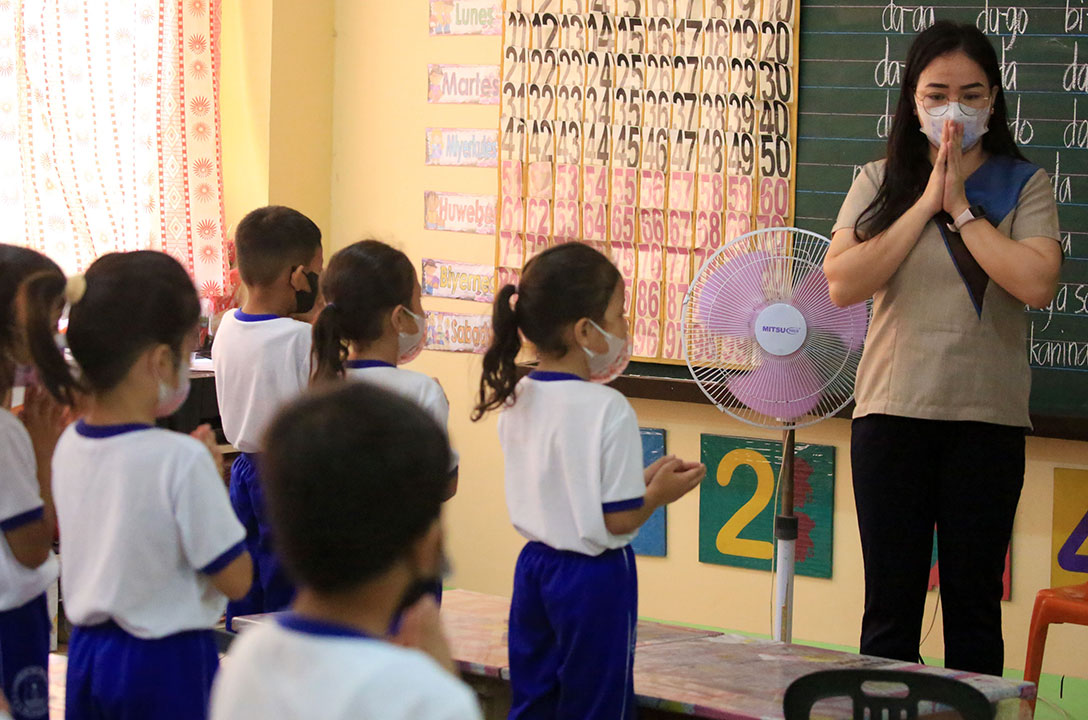‘Dangerous’ heat and transport strike reverted university students to virtual classes

The Department of Education (DepEd) implementing asynchronous classes proves to be such a reprieve for students like Mitzi, 19, a grade 12 senior high school student.
“Sobrang hassle niya kasi yung sobrang init na tipong pagkalabas pa lang ng bahay is pawis na agad ako. And then kailangan ko pa makipagsiksikan sa mga sa transportation para lang makasakay ako and hindi ma-late sa class (it is such a hassle that you come out of the house and already sweating, and then you have to squeeze through public transportation to go to school), Mitzi said as she shares with BusinessWorld the troubles of being a student during this high heat index.
Following the latest projected heat index bulletin released by the Philippine Atmospheric, Geophysical and Astronomical Services Administration (PAGASA), DepEd decided to enforce distance learning to all public schools nationwide on April 29 and 30, which was later followed by some private schools and universities in Metro Manila.
According to the Department of Health (DOH), the extreme heat can cause fatigue, heat cramps, heat exhaustion, and heat stroke. Staying indoors as much as possible, wearing lightweight and light-colored clothing, avoiding liquor consumption, and drinking plenty of water regularly are few of the recommendations of DOH to the public to avoid heat-related illnesses.
“It helped me na mas maka-focus pa po sa mga discussion namin in classes kasi nasa bahay na lang ako and with this heat index is mas komportable na lang sakin mag stay sa bahay kesa sa bumyahe papasok” (With this heat, staying at home is more comfortable and it helped me focus more on our discussions rather than endure commuting to school), Mitzi added.
Classes in the City of Manila were advised to transition into alternative modes of learning due to the ‘dangerous’ heat index forecast and three-day nationwide transportation strike, Manila Public Information Office announced on their official Facebook page yesterday, April 28.
Some universities that announced shifting to alternative modalities of learning for April 29 and 30 were the University of the Philippines Manila (UPM), University of Santo Tomas (UST), and Pamantasan ng Lungsod ng Maynila (PLM).
Meanwhile, the Polytechnic University of the Philippines (PUP) and De La Salle University (DLSU) declared virtual classes until May 15 with an exception for science, engineering, and computer technology labs and water sports classes for the latter. – Almira Louise S. Martinez



